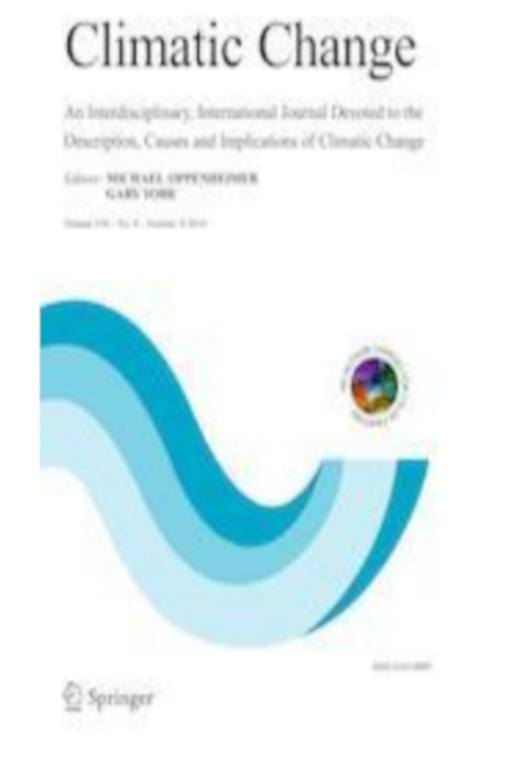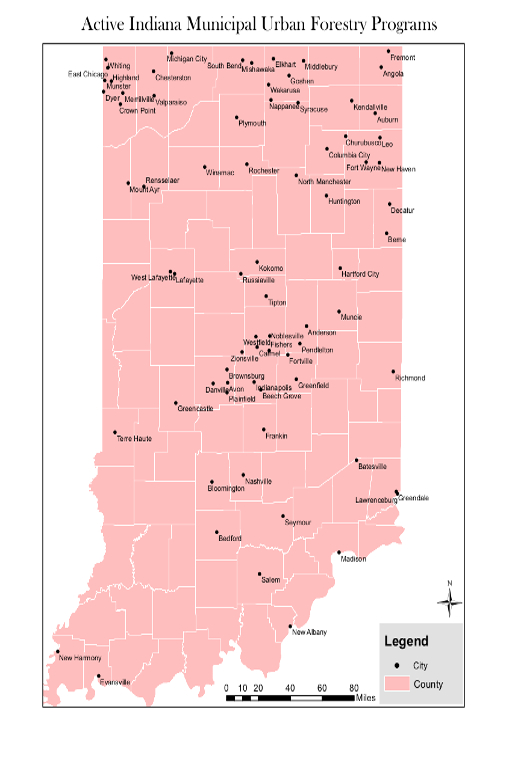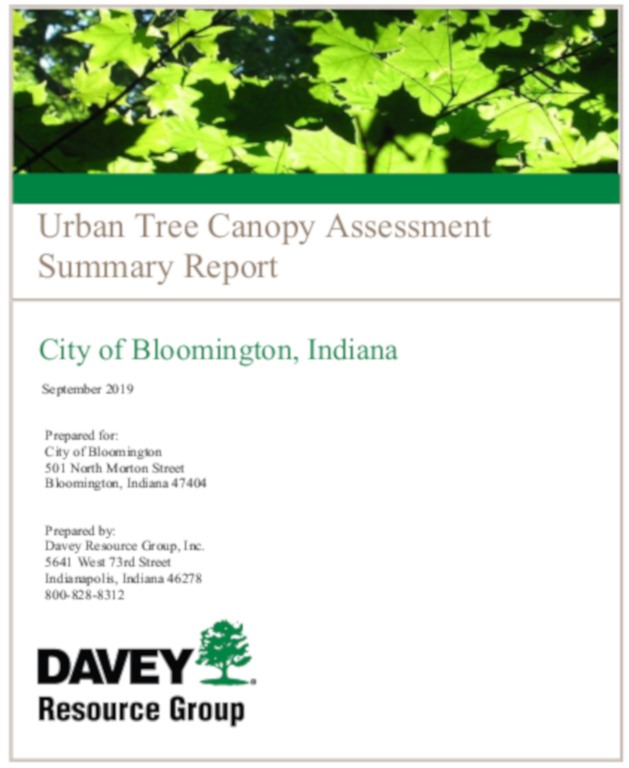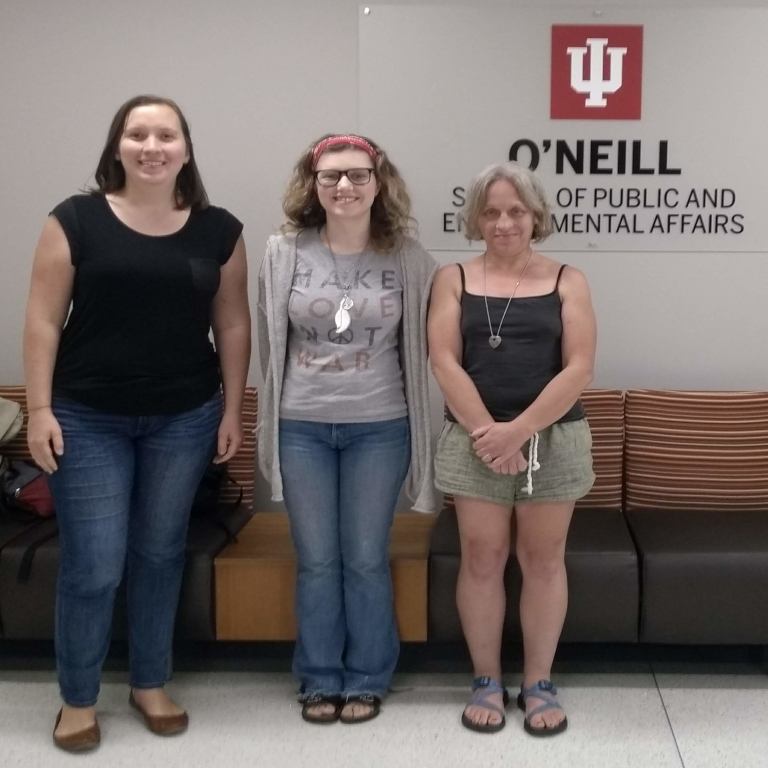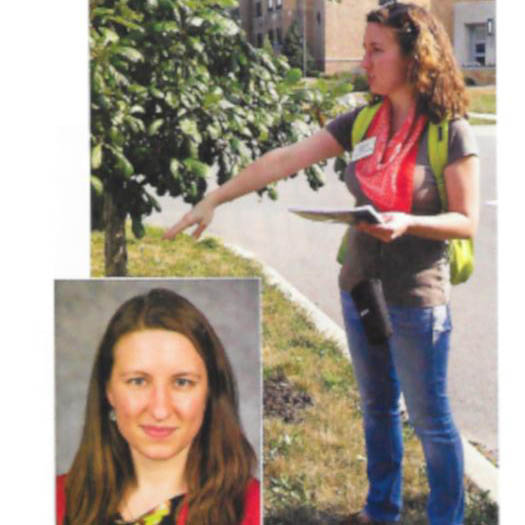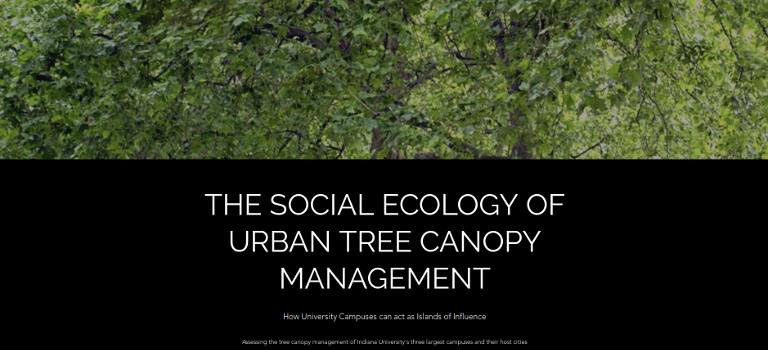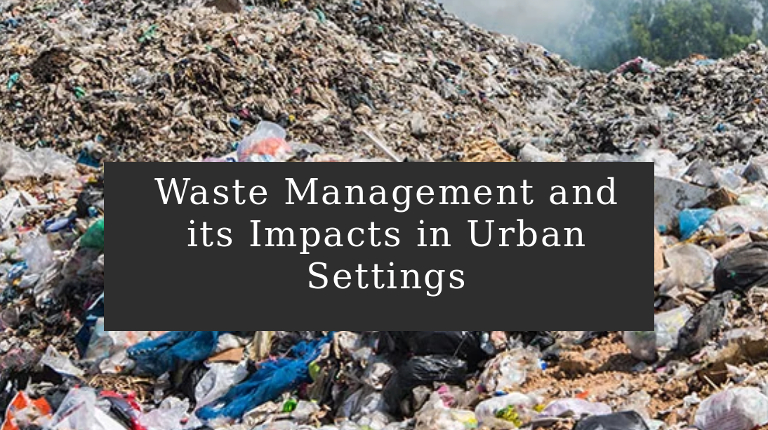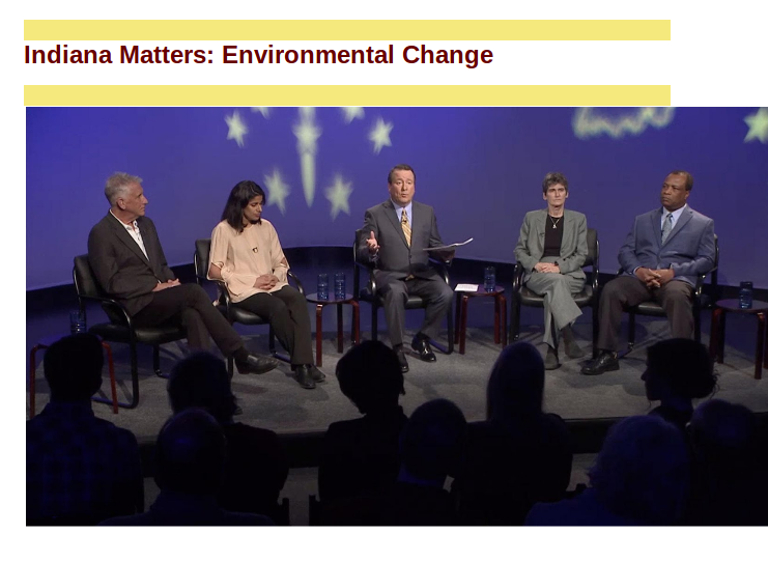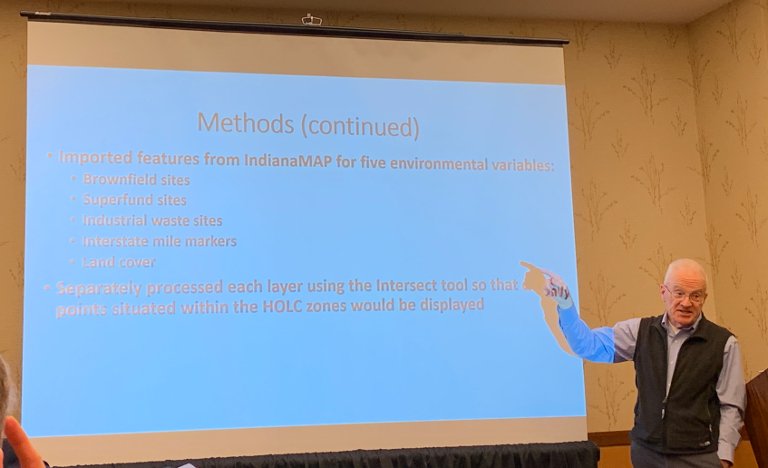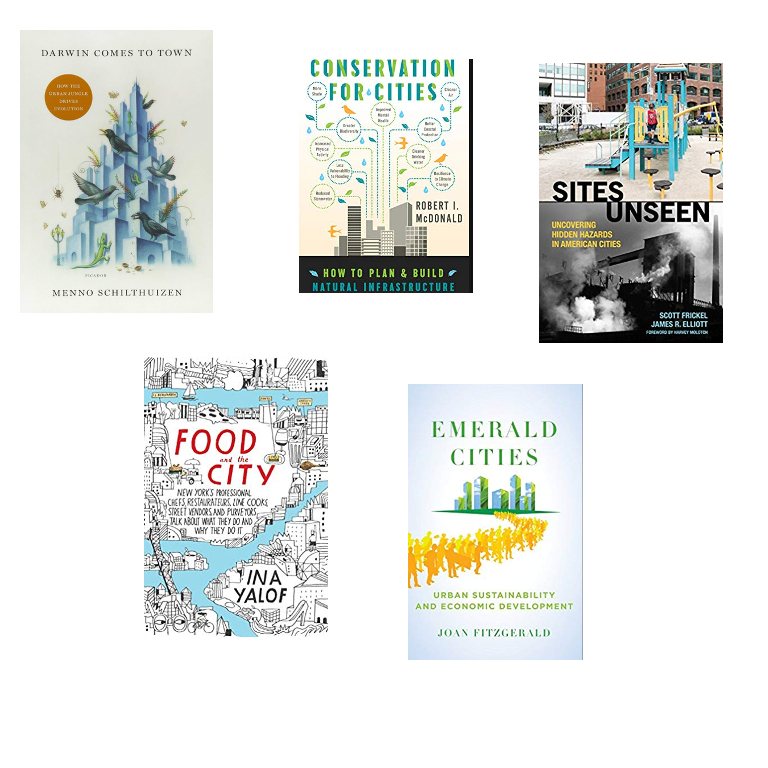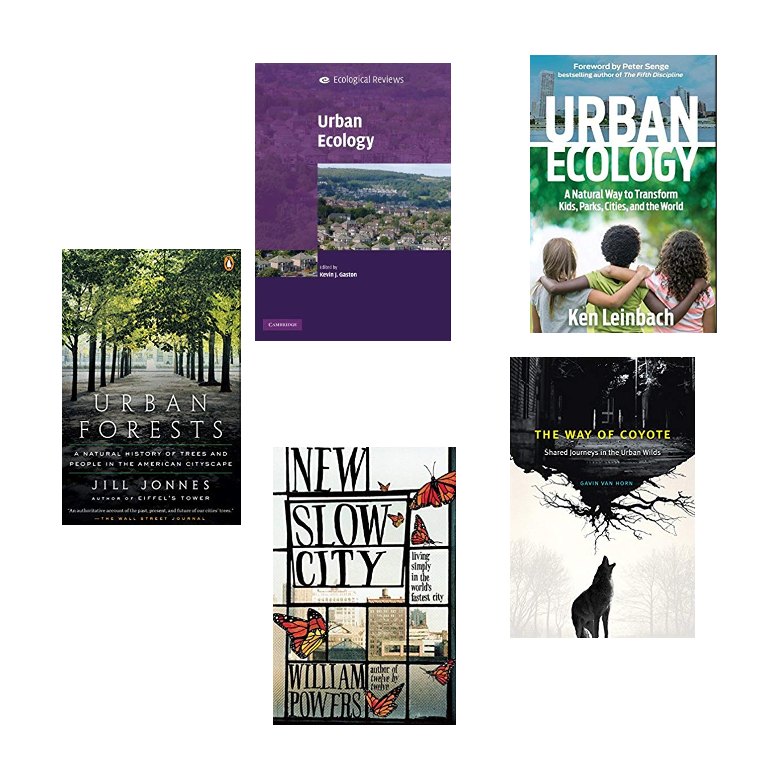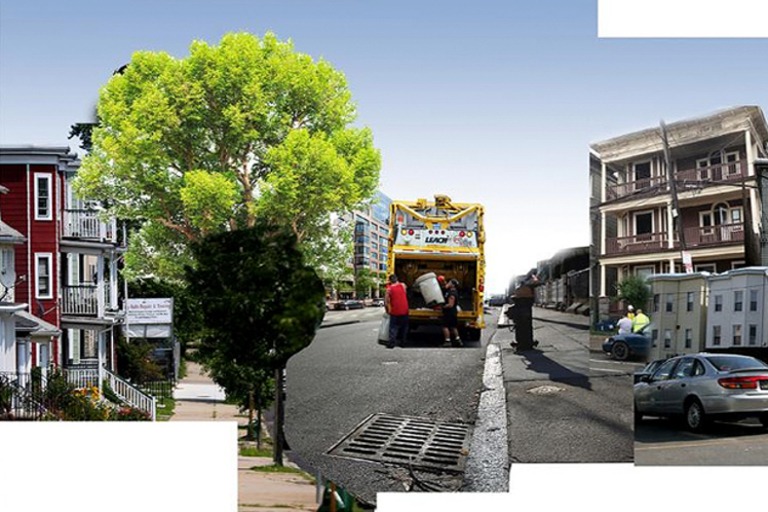December 2019- BUFRG researchers Burney Fischer and Donovan Moxley are two co-authors of a paper just accepted by Climatic Change.
Reynolds HL, Brandt L, Fischer BC, Hardiman BS, Moxley DJ, Sandweiss E, Speer J, Fei S. (2019) Implications of climate change for managing urban green infrastructure in Indiana. Climatic Change. https://doi.org/10.1007/s10584-019-02617-0
Abstract - Urban areas around the world are increasingly investing in networks of urban forests, gardens, and other forms of green infrastructure for their benefits, including enhanced livability, sustainability, and climate change mitigation and adaptation. Proactive planning for climate change requires anticipating potential climate change impacts to green infrastructure and adjusting management strategies accordingly. We apply climate change projections for the Midwest, U.S. state of Indiana to assess the possible impacts of climate change on common forms of urban green infrastructure, and identify management implications. Projected changes in Indiana’s temperature and precipitation could pose numerous management challenges for urban green infrastructure, including water stress, pests, weeds, disease, invasive species, flooding, frost risk, and timing of maintenance. Meeting these challenges will involve managing for key characteristics of resilient systems (e.g. biodiversity, redundancy) as well as more specific strategies addressing particular climate changes (e.g. shifting species compositions, building soil water holding capacity). Climate change also presents opportunities to promote urban green infrastructure. Unlike human built infrastructure, green infrastructure is conducive to grassroots stewardship and governance, relieving climate change-related strains on municipal budgets. Resources for adapting urban green infrastructure to climate change are already being applied to the management of urban green infrastructure, and emerging research will enhance understanding of best management practices.


